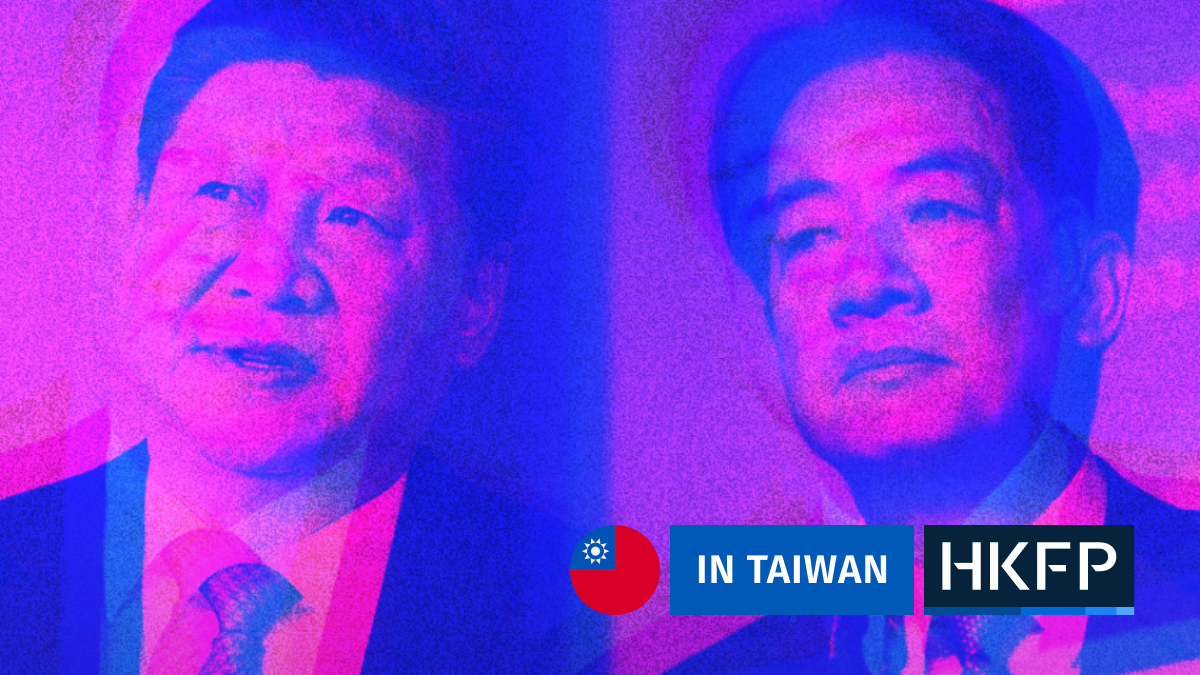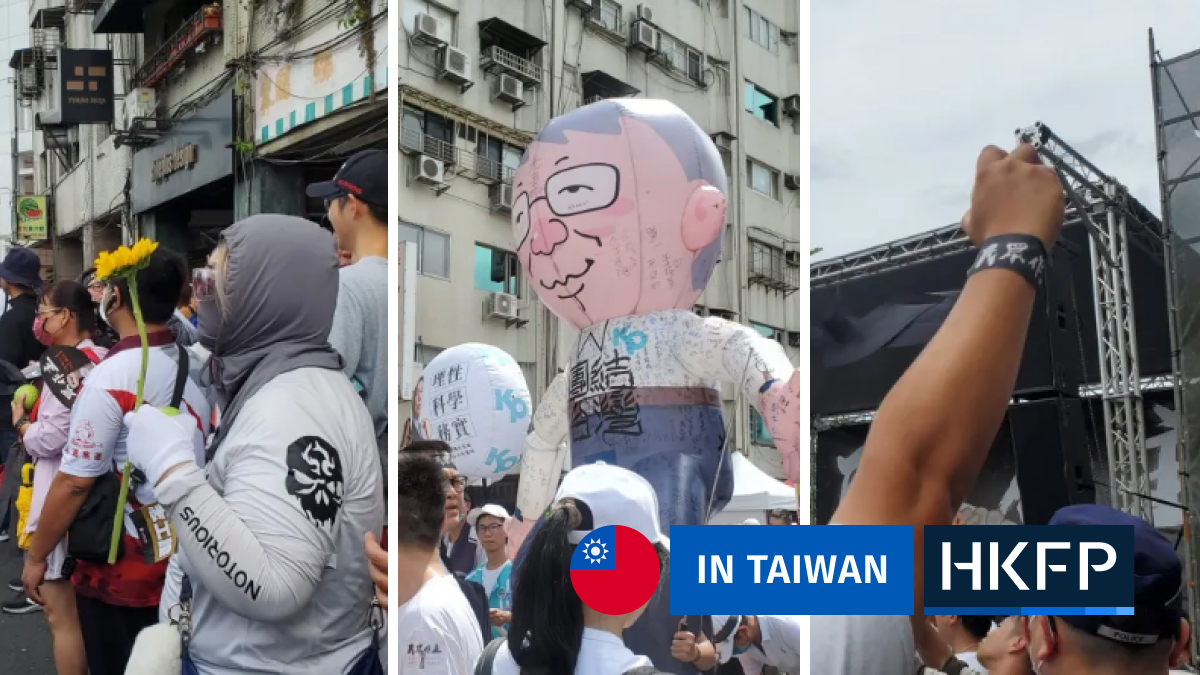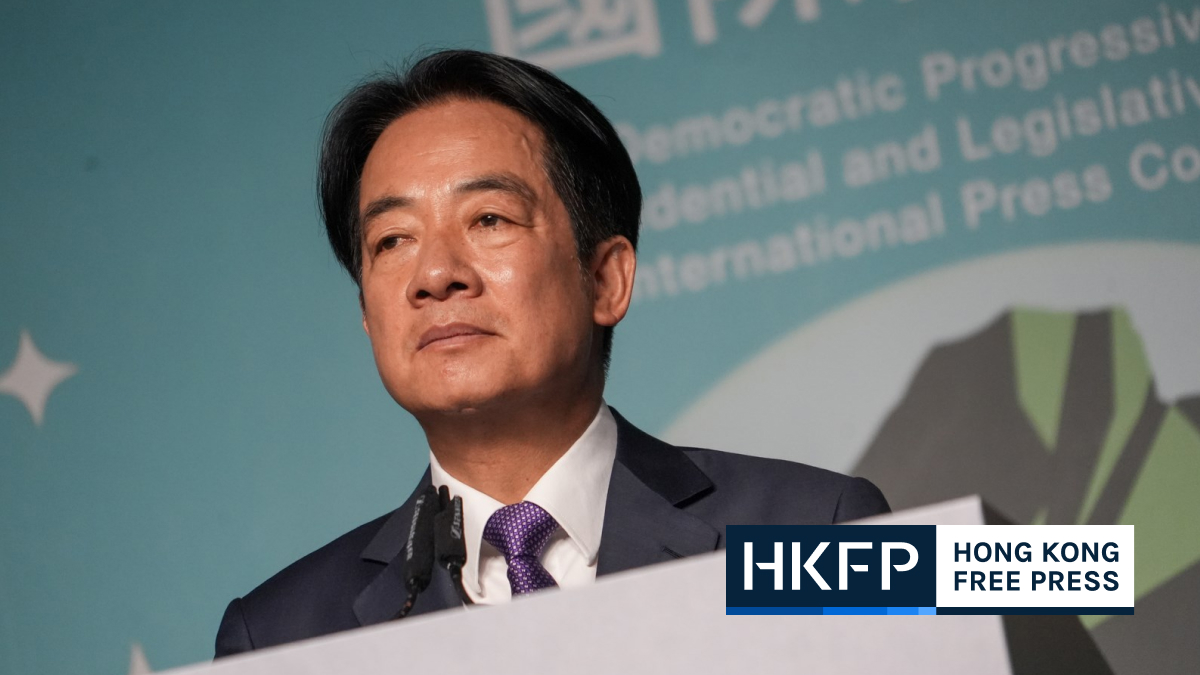An ice factory that supplies ice to 30 per cent of Hong Kong food and beverage businesses faces an uncertain future as it has to make way for public housing development plans.
Hang Chan, the executive director of Turbo Ice told HKFP on Wednesday that they have built up their current ice manufacturing plant at San Hing Tsuen, in Tuen Mun, bit by bit over the past thirty years. Finding an alternative location would be “very difficult,” he said, adding that he was worried that other sources of ice might not be available if the company were to shut down.
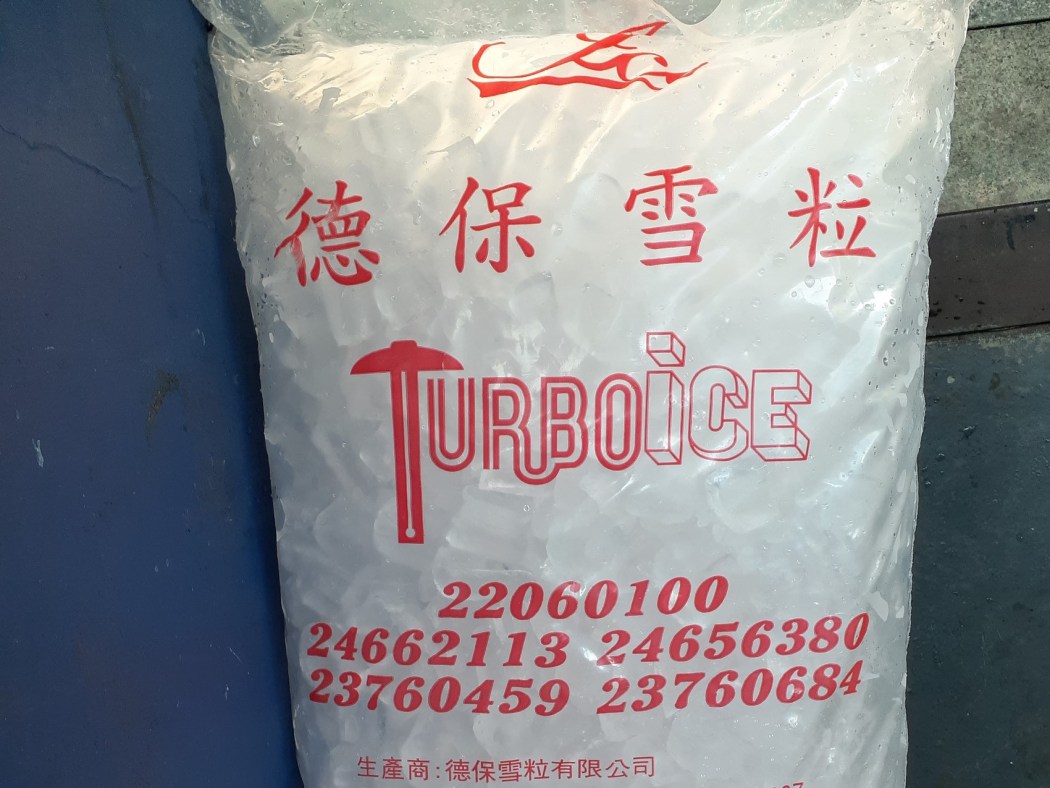
While it will not be evicted until 2025, Chan said it would still be difficult to find somewhere that could meet its high demands for electricity, water and transport links with an affordable rental price.
Chan said he had only learned of the government’s plan to construct public housing where Turbo Ice was located in August last year, when District Councillor Apple Lai asked officials to discuss the development proposals with local villagers. He said he was not invited to the meeting and only heard the news from residents who attended.
Officers from the Lands Department visited the ice factory two weeks after the meeting to mark out the area included in the development plan. Since then, Chan said he had not met with any representatives from the department until Wednesday, when local media reported on the fate of his business.
However, Chan said the officials were only there to “understand” their situation, and did not provide him with any solutions.
Chan added that he had written to different government bodies over the past year, but all he learned from the replies was that the government would not provide any alternative land or help to continue business elsewhere, and that it had no choice as a public housing project is involved.
Chan said he was told that compensation would be offered, but he did not know how much. He was also told to look for relocation options himself.
“When the government itself does not have enough land and is actively looking for lots, will I be able to find one?” Chan asked.
He also compared the case of Turbo Ice to that of Mil Mill, the city’s only drinks carton recycler that has been forced to relocate in the near future.
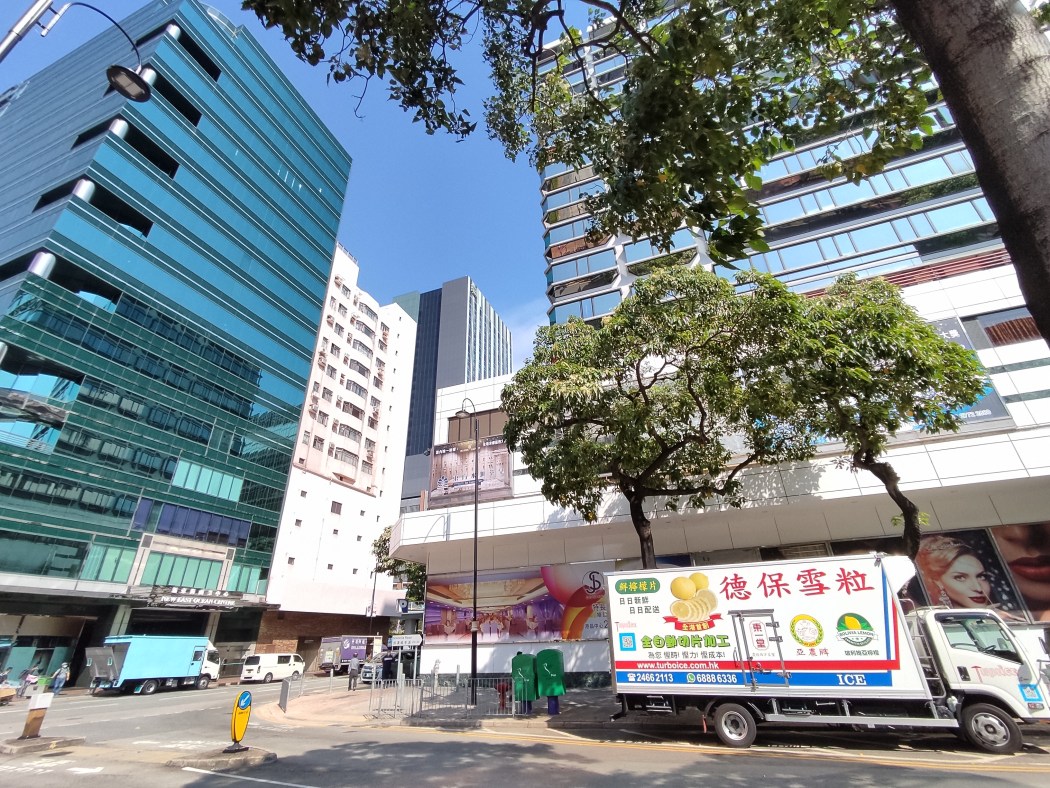
“Recycling can be halted immediately, but can you call the public to stop and wait [for ice supply]?” Chan asked, adding that his business provided 30 per cent of Hong Kong’s food and beverage sector with fresh ice every day.
In response to an enquiry from HKFP, the Development Bureau said the construction project in question would provide 21,600 public housing units, therefore the proposed clearance of Turbo Ice was “necessary.”
The bureau added that the government would give compensation to business operators, as well as consultation and coordination services to those who were able to find private land for relocation.
It also said authorities were constantly looking for suitable temporary government land to rent out to affected business owners through short-term leases.
“Turbo Ice still has about three years before it must move out, we believe that now there is enough time for the preparation of the relocation,” the bureau said, adding that relevant departments had already contacted the factory to provide suitable assistance.
‘Contradictory’ demands
As concerns grew that more businesses like Turbo Ice would be forced to relocate or face possible closure due to scheduled development plans, the Secretary for Development Bernadette Linn said she has heard “contradictory” demands from society.
When meeting the press on Wednesday afternoon. Linn said the manufacturers in question were mostly located on “brownfield lands” – farmlands occupied for warehouse or industrial uses.
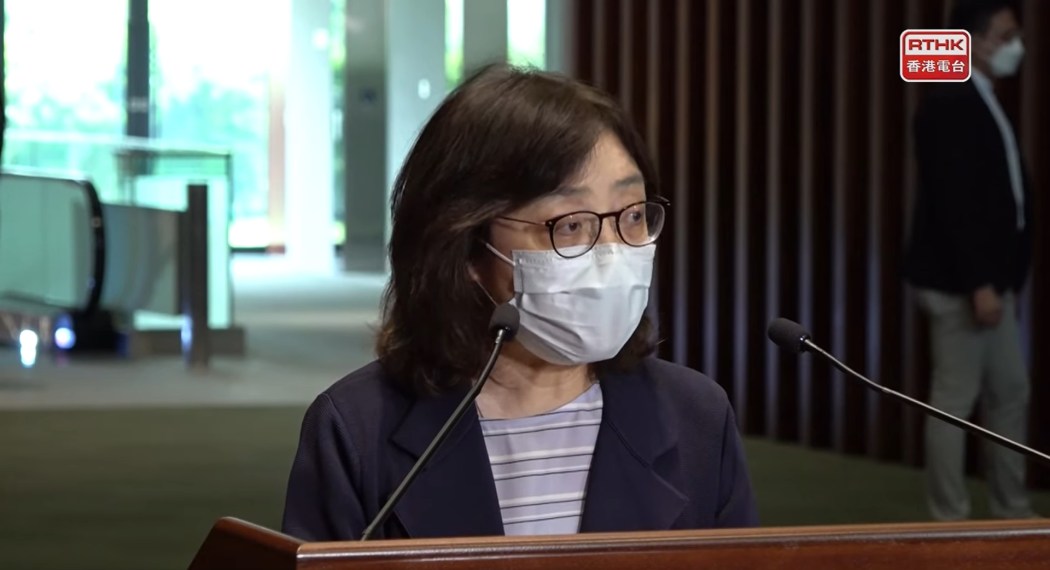
“On the one hand people want us to put an end to these brownfield industries that do not fully utilise the lands, but on the other hand they want us to trade one for one and find lands that the manufacturers can rent cheaply and operate on with their existing practices,” the official said.
According to Linn, development plans for the Northern Metropolis will use up around 800 out of the 1,500 hectares of brownfield land in the city. Of the 800 hectares, about half involved private developments.
“If every affected [business] on brownfield lands is requesting to trade one lot for another, to continue operation with the same affordable rent, it in fact does not align with our policy,” she said.
However, Casper Wong of the self-proclaimed non-establishment party Third Side told HKFP that their main concern was whether authorities had sincerely negotiated with the factories and villagers in question.
Citing local media reports, he said the Lands Department had already marked areas in the ice plant for future development and told the business that “Tuen Mun District will not have one per cent of room for you.”
Wong said the government’s policy was, in part, “self-contradictory,” too. “You announced that you would develop these brownfield sites, but you offered no compensation and no solution [to industries and residents affected.]”
Support HKFP | Policies & Ethics | Error/typo? | Contact Us | Newsletter | Transparency & Annual Report | Apps
Help safeguard press freedom & keep HKFP free for all readers by supporting our team

LATEST FROM HKFP
HKFP has an impartial stance, transparent funding, and balanced coverage guided by an Ethics Code and Corrections Policy.
Support press freedom & help us surpass 1,000 monthly Patrons: 100% independent, governed by an ethics code & not-for-profit.






